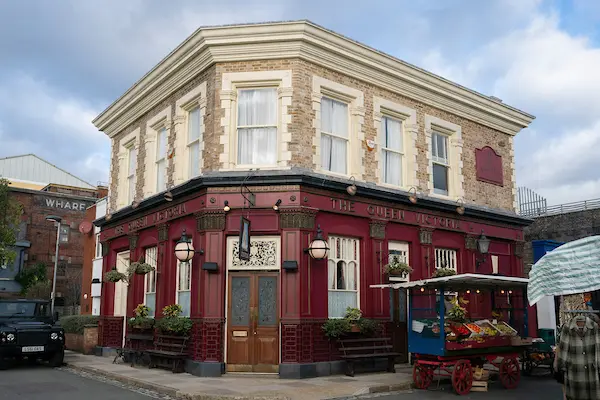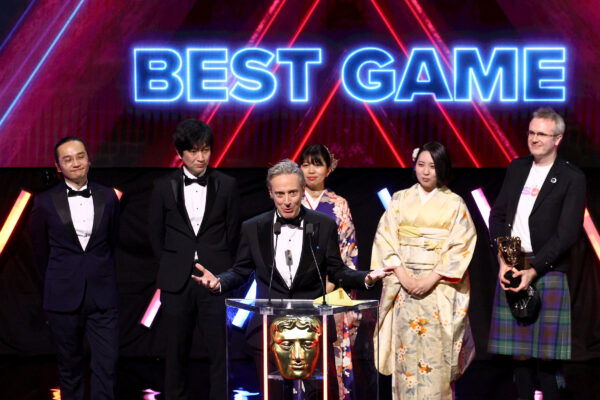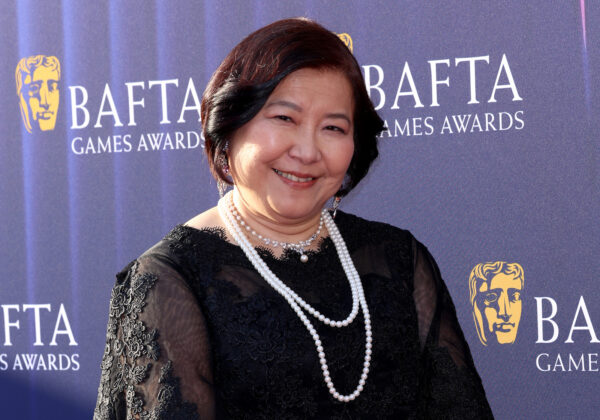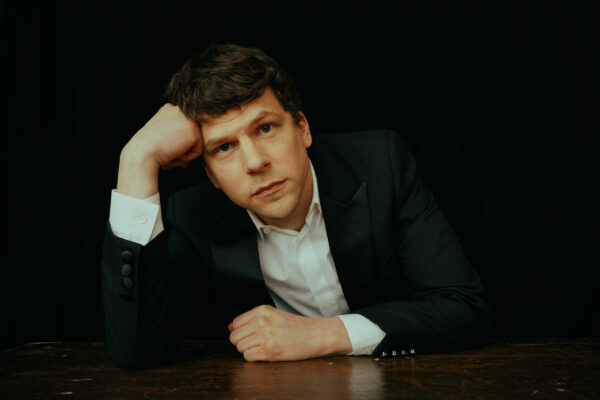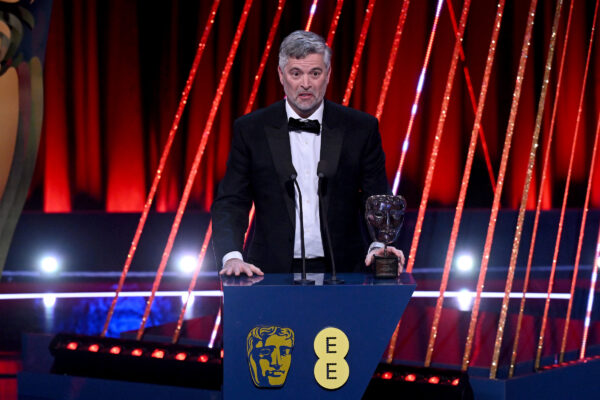Words by Matthew Bell.
David Olusoga, broadcaster, writer and historian has received one of BAFTA’s highest honours in recognition of his groundbreaking screen career.
That a boy born in Lagos and brought up on a Gateshead council estate should become one of Britain’s leading television historians, broadcasters and filmmakers is testament to Olusoga’s own brilliance – and to the power of television. “It feels very moving to be recognised by the industry in which I’ve spent most of my adult life”, he says.
One almost-forgotten programme, BBC Two’s 1986 docu-drama Artists and Models, about three French 18th century painters, changed everything for Olusoga. “I just adored it – it blew my mind when I was 16 and it hasn’t aged at all. It showed history in a way that was exciting, life-affirming and horizon-expanding. The next summer I went travelling around Europe and went to all the art galleries I could to see the paintings depicted in that series,” he recalls.
Television, though, took a back seat to education for the next decade. By the age of 25, Olusoga had collected a history degree from the University of Liverpool and a master’s from Leicester. But with a PHD looming, he realised he was on “a conveyor belt” to academia.
“I didn’t come from a background with ambitions of working in elitist areas like television. Getting all the education you can when you come from a disadvantaged background is pretty much a no-brainer, but it hadn’t involved making many choices,” he says.





